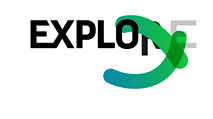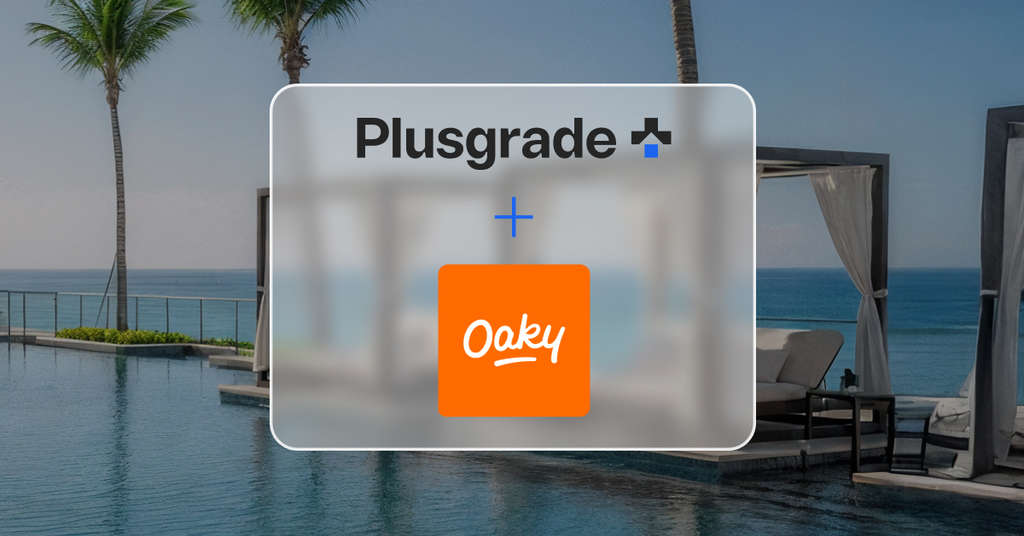

In today’s rapidly evolving hospitality landscape, financial leaders are navigating increasing uncertainty. Volatile markets, supply chain disruptions, rising labour costs, and changing guest expectations are challenging traditional budgeting and forecasting. In this environment, cost controlling is no longer a side function; it has become a core component of effective hotel management.
Although
revenues are continuously growing in the industry, costs are also increasing. A
successful strategy must include both increasing revenue and decreasing costs.
In recent years, hotels have maintained a focus on a top-line approach for
increasing revenue. However, a key factor for a more successful financial
strategy is to also have better bottom-line results through cost controlling.
The Growing Need for a Holistic Approach in Financial Planning and Analysis (FP&A) in Hospitality
As
we move through 2025, the hospitality industry continues to adapt to shifting
economic conditions, growing globalisation, and accelerated digital
transformation. As the hospitality industry evolves, financial planning and
analysis strategies also need to evolve side by side. Finance teams are faced
with new challenges and rising expectations. This means being prepared for
unforeseen circumstances has become even more imperative than before.
A
holistic approach is the only way forward. In today’s world, finance teams are
expected to control spend while maintaining service standards, respond quickly
to market shifts and align financial plans with long-term goals.
This
means decisions can no longer be based on a static budget. Hotels need a more
agile, data-informed, financial approach to garner better results. Therefore,
cost controlling plays a crucial role by enabling flexible planning, tighter
expense monitoring, and more resilient business strategies.
Why Cost Controlling Matters More Than Ever in 2025
Finance
teams are struggling because inflation, high energy prices, and growing
personnel costs are pushing hotel operating expenses to new highs, which means
maximizing profit is becoming even more difficult than ever before. As costs
continue to increase, supply chain volatility and evolving guest demands are
also creating ongoing financial pressure.
To
continue to stay afloat, competitive and increase profit margins, hotels need
to have a clear picture of where money is being spent and how costs can be
optimised. Cost control is not simply about cutting expenses; it is about
ensuring smart, efficient resource allocation. Resources need to be allocated
in a way that continues to support stability, profitability and guest
satisfaction, while keeping cost and budget planning in check.
Example: A resort chain identifies rising
F&B costs as a key pressure point. To cater to that rising cost, the team
reviews supplier contracts, tracks inventory turnover, and centralizes
purchasing across properties. This proactive decision-making and cost controlling
strategy reduces procurement costs significantly, improves menu consistency,
and lowers food waste through smarter demand forecasting — strengthening
margins without compromising guest satisfaction. Now multiply this into
different departments, and the potential savings grow even more.
The Role of Cost Controlling in Holistic FP&A
Cost
controlling connects budget planning, forecasting, and actual performance to
provide a complete picture of financial health. Within FP&A, it plays a
central role by offering meticulous drill-down details and strategic planning
opportunities.
A
holistic FP&A approach includes detailed tracking of costs across each
department — personnel, operational, marketing, and more. It allows insightful
comparisons of planned versus actual figures to clearly identify gaps early and
adjust strategies accordingly. Financial planning and analysis software also
supports scenario planning to test strategies and anticipate outcomes, enabling
smarter decisions.
Equally
important is coordinated decision-making. A holistic FP&A software enables
finance and operational teams to align at different financial planning
touchpoints. This ensures financial planning is not done in isolation but
informed by real-time performance and business needs, encouraging ownership of
financial decisions across teams.
From Central Control to Shared Accountability in Financial Planning
A
strong cost control strategy means managing the P&L collaboratively, not
just within the finance team. Instead of relying on one manager, every line
item — revenue, payroll, operating expenses — should be assigned to the right
department leader. This builds ownership and turns cost control into a
collective effort.
Example: A P&L line such as “guest
amenities” may involve housekeeping, front office, and guest relations.
Assigning one accountable owner within each department ensures coordination,
accuracy, and more engaged financial culture.
FairPlanner, Fairmas’ forecast
and budget P&L planning software, enables this collaborative approach by
allowing hotels to assign, monitor, and manage each P&L line with
precision. With flexible workflows and user-specific access, department heads
can forecast more accurately and respond quickly to changes.
How Fairmas Enables Smarter Cost Controlling
Fairmas
supports hotel finance teams with software built specifically for hospitality.
With FairPlanner, hotels can:
- Integrate
budgets, forecasts, and actuals for more holistic decision-making
- Gain
insights to guide day-to-day decisions
- Encourage
cross-department collaboration, avoiding data silos
- Use
data-driven planning and reporting to reduce manual effort and errors
This
transparency and connectivity allow financial leaders to make more robust
decisions with confidence. A proactive approach replaces reactive firefighting.
From Silo to Strategy: Cost Control as a Driver of Success
In
2025, cost controlling is no longer a stand-alone task. It has become an
essential part of broader financial strategy, linked directly to budgeting,
forecasting, and long-term planning.
The
ability to manage costs effectively will be one of the most important drivers
of financial success. A holistic approach, supported by robust FP&A
software like FairPlanner, is no longer “nice to have” — it’s a necessity for
hotels striving for stability, profitability, and long-term success.







